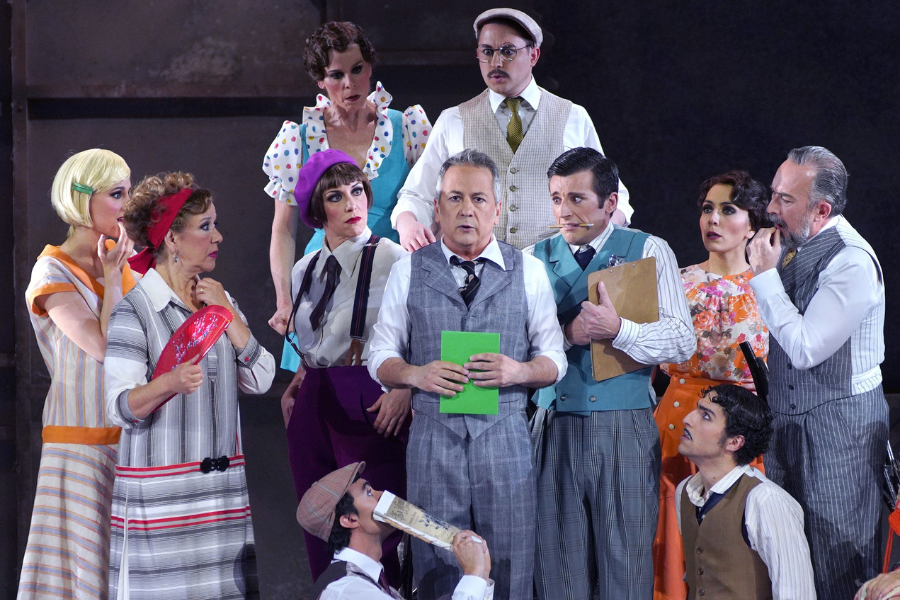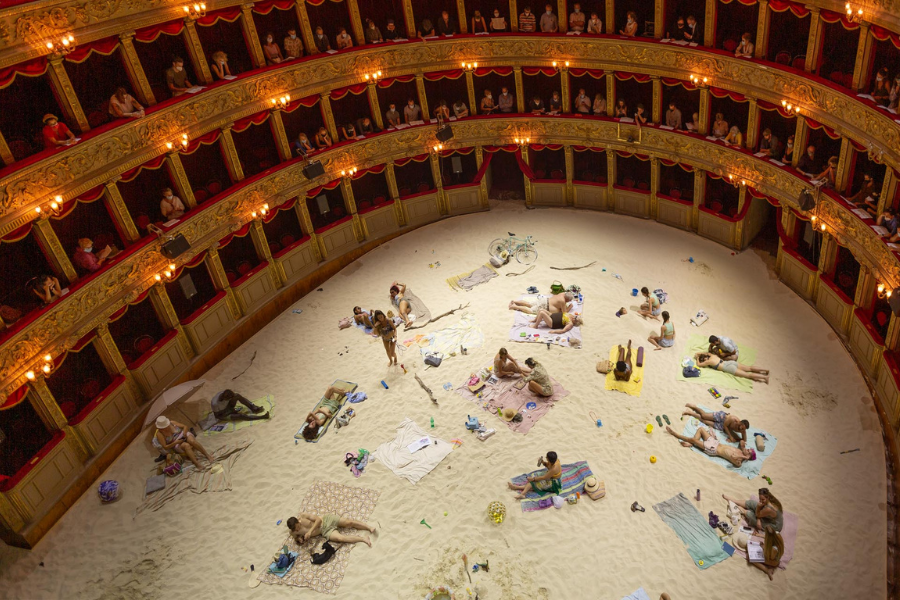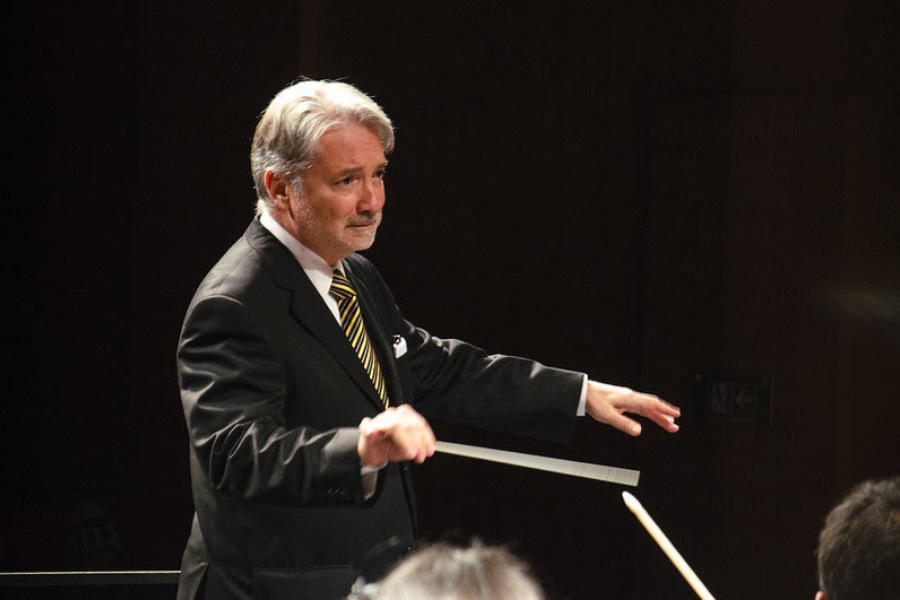Plácido Domingo returns to the Teatro Real de Madrid for the debut of Giovanna d’Arco
Three performances of the opera will be offered in concert version of the Verdi classic that is presented for the first time at the Madrid Coliseum. The American director James Conlon returns to the Teatro Real with Plácido Domingo, the soprano Carmen Giannattasio, the tenor Michael Fabiano and the titular choir of the Teatro Real, under the direction of Andrés Máspero.

© Javier del Real – Teatro Colón
The Teatro Real will end its season with three performances by Giovanna d’Arco, by Giuseppe Verdi, in concert version, on July 14, 17 and 20, with musical direction by James Conlon, who has already demonstrated his sensitivity and depth in the reading of Verdian pages with Sicilian Vespers (2014), Luisa Miller (2016) and Macbeth (2017).
Plácido Domingo, who has been playing in recent years some of the greatest roles for baritone of Giuseppe Verdi ─the titular roles of Simon Boccanegra, Nabucco, Rigoletto and Macbeth; Miller, in Luisa Miller; Francesco Foscari, in I due Foscari; Conte di Luna, in Il trovatore; Giorgio Germont, in La traviata; o Rodrigo, in Don Carlo─, will play on this occasion a character less known to the public: Giacomo, from the opera Giovanna d’Arco, which will be heard for the first time at the Teatro Real.
Sundayperform with soprano Carmen Giannattasio (Giovanna), whichdebut at the Teatro Real,tenor Michael Fabiano (CarlosVII),tenor Moses Marin (Delil), baritone Fernando Radó (Taldot) and the Coro Titular del Teatro Real, prepared, as always, by Andrés Máspero. With the exception of Plácido Domingo, all the soloists, James Conlon and the Choir and Orchestra Titulares del Teatro Real will interpret the Verdian score for the first time.
Giovanna d’Arco is the seventh opera in the Verdian catalog and belongs to the corpus of her first stage as a composer, in which the dramatic strength of her music and her beautiful melodies emerge, despite the limitations of the libretto by Temistocle Solera, with which Verdi had previously worked in Nabucco, I lombardi and Attila. This poet, composer, operatic promoter, traveler and successful librettist was the second director of the Teatro Real, just one year after its inauguration, in 1851, and one of the first Italian entrepreneurs to assemble productions in the Real.
Based on a free adaptation of the romantic drama The Maiden of Orleans, by Friedrich Von Schiller -author who has also inspired I masnadieri, Luisa Miller and Don Carlo-, the plot of the opera is structured around the untamed personality of Giovanna d ‘ Arco, which is torn between the defense of the homeland and their personal feelings and emotions.

Ignacio García-Belenguer, Plácido Domingo, James Conlon, Michael Fabiano y Joan Matabosch © Javier del Real – Teatro Real
In his libretto, Temistocle Solera dignifies the death of the heroine, who is murdered on the battlefield, and frees the church from the accusing finger of the Inquisition, turning the father of the protagonist into the great driver of his tragedy.
This preponderance of the paternal figure in the opera, whose character, Giacomo, played by Plácido Domingo, experiences throughout the drama a deep inner transformation, gives rise to some of the most beautiful pages of the score, which already presage the greats and complex ‘parents’ created by Verdi throughout his career: Rigoletto, Giorgio Germont, Amonasro, Simon Boccanegra, Felipe II, etc.
First performed successfully at the Teatro alla Scala in Milan in 1845, the opera is composed of a prologue and three acts, in which the traditional numbers are articulated -days, duets, triplets, romances, cabalettas- articulated in a contrasting manner and with a great participation of the choir, divided many times into two and three groups that act simultaneously.
With Giovanna d’Arco, Giuseppe Verdi is still at a crossroads between the use of the structural, stylistic and plot conventions that prevailed in the thriving Italian operatic creation in the mid-nineteenth century, and the search and exploration of new paths that would flourish in later works.
With the presentation of this opera, a new title from the Verdian catalog is added to the repertoire of the Teatro Real, doing justice to one of the composers most loved by the public of Madrid throughout the 200 years of its history.
.
Related stories

Il Trovatore: Premiere and alliances of the Teatro Real with the Liceu and spanish airports





